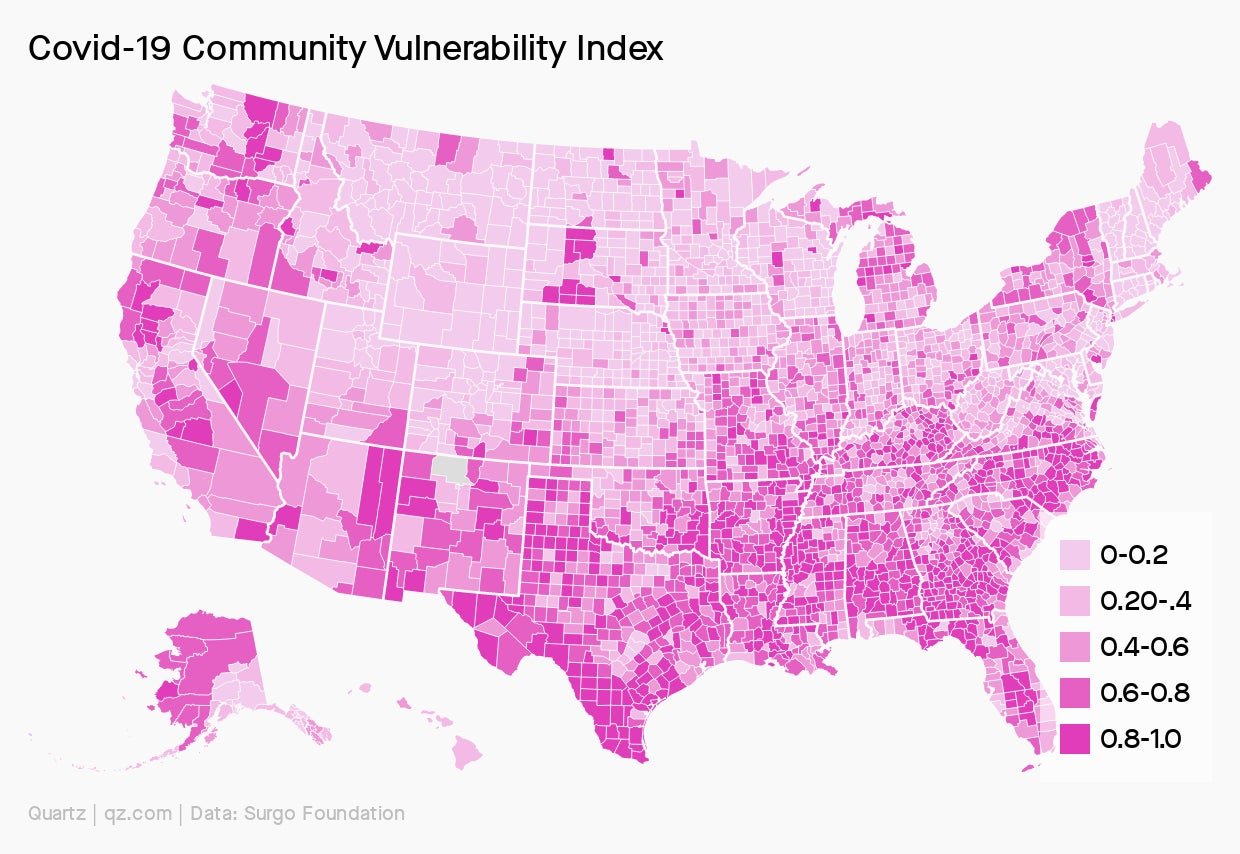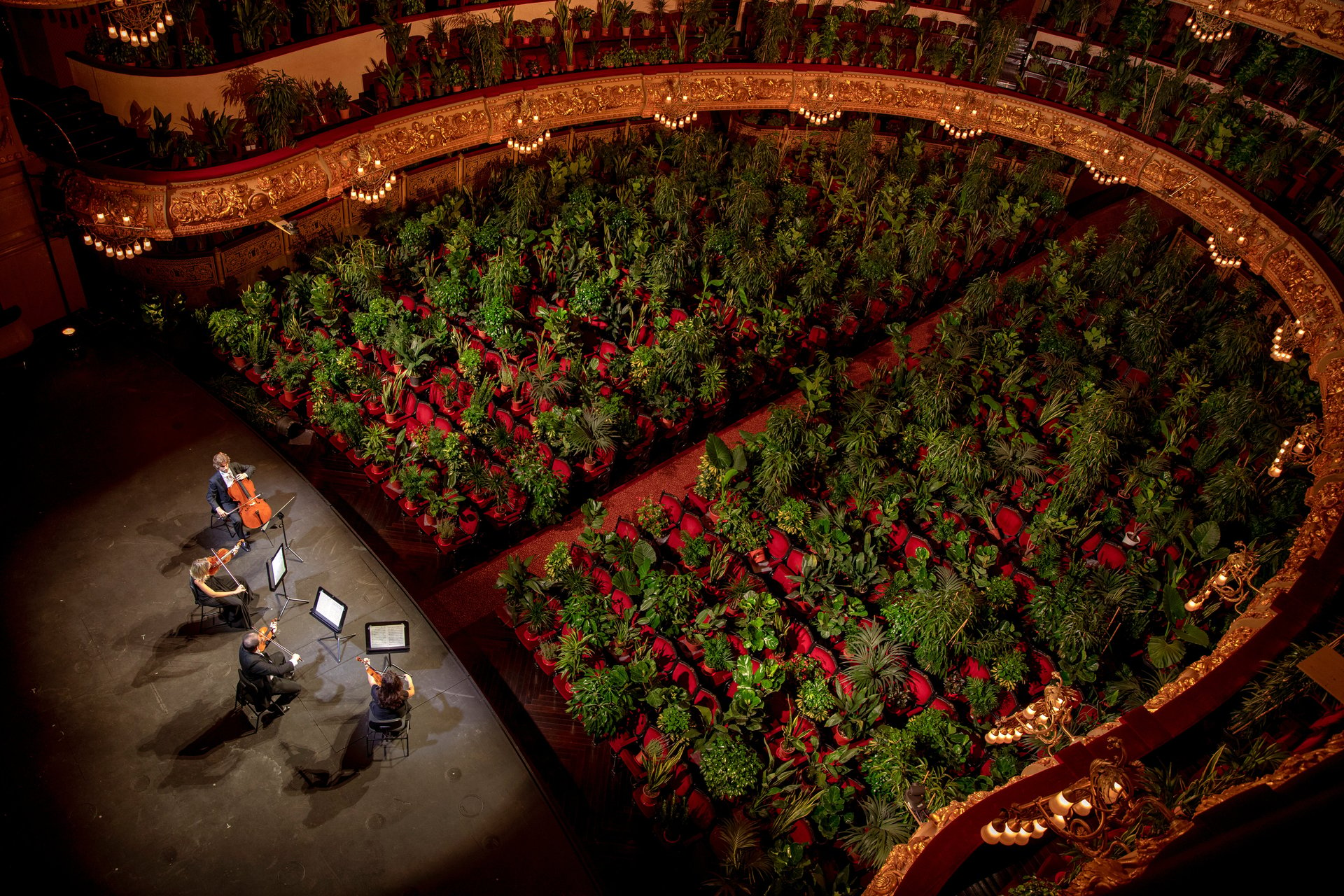IMF’s sobering outlook, SoftBank’s hopes, Covid-19 ups and downs
Good morning, Quartz readers!

Good morning, Quartz readers!
Here’s what you need to know
The International Monetary Fund worsened its global outlook. The body now forecasts a 4.9% global economic contraction this year. A downgraded outlook of -4.5% for India pulled the IMF’s overall Asia prediction into negative territory, but China is still forecast to grow by 1%.
SoftBank holds its annual shareholders meeting. Masayoshi Son hopes to charm investors disillusioned by the conglomerate’s recent missteps, while Alibaba founder Jack Ma is stepping down from SoftBank’s board. Speaking of Jack Ma, he’s no longer China’s richest man—Tencent’s Pony Ma now holds that title.
Amazon and Flipkart will add country of origin labels in India. The ecommerce sites have agreed to join Jio Platforms in designating products that are made in China, a consequence of the two countries’ recent border standoff. However, there is no timeline for the labeling.
Voting begins on Vladimir Putin’s play to stay in power. Russians will decide on constitutional changes that could allow their president to stay in office until 2036. The vote concludes July 1. Putin recently said he is considering seeking another term if the reforms pass.
Undecided on an upcoming vote of your own? Join us for a free Quartz at Work (from home) workshop on the science of decision making today at 11am EDT.
Covid-19 update: The good, the bad, and the runway
China says its Beijing outbreak is under control. But, a municipal spokesperson said, household and workplace clusters are popping back up.
India saw its highest daily spike. Almost 4,000 people in Delhi alone tested positive for coronavirus within 24 hours. Meanwhile, the US suspended India’s repatriation flights.
Mapping Covid-19 vulnerability
Even as the US prepares to reopen from lockdown, the coronavirus pandemic is far from over in the country. But its impact depends a great deal on geography.
There are significant differences between and within states, not just in the number of cases but in their severity and in the overall vulnerability of their populations to coronavirus outbreaks.

The Surgo Foundation compiled the Covid-19 Community Vulnerability Index, which describes the ability of a community to react to coronavirus outbreaks, rather than risk of infection. More vulnerability means that, once an area experienced an outbreak, it would last longer, be deadlier, and harder to contain.
For members: The trouble with oil’s talent pipeline
Three numbers that sum up the oil and gas industry’s recruiting problem:
78%: Number of US millennials surveyed by Pew in April who believe in supporting alternative forms of energy over fossil fuels
Two-thirds: Number of teenagers surveyed by Ernst & Young in 2017 who believe the oil and gas industry “causes problems rather than solves them”
44%: Number of millennials who told EY that they found a career in the industry “unappealing”
Climate change and the boom/bust cycle have made what used to be a choice career path for engineers increasingly unpopular among young people in the US. Read more in this week’s field guide on fossil fuels going bust.
✦ Create a pipeline for yourself consisting of all the articles, presentations, field guides, and workshops available to members—start with a seven-day free trial! ✦
We’re obsessed with phenology
Stop and note the roses. Phenology is the close study of “nature’s clock,” from the grand rotation of the seasons to the minute behavior of a bumblebee. Natural observations have always been valuable, but as climate change has accelerated, phenology has acquired a sense of urgency. Whether you’re doing it for yourself or for science, phenology can offer a sense of comfort, engagement even in social isolation, and interspecies solidarity—all of which seem awfully relevant right now. Crack open your notebook…it’s the Quartz Weekly Obsession.
Surprising discoveries

Barcelona’s flora enjoyed a night out. The Gran Teatre del Liceu opera house filled its seats with 2,292 plants for a livestreamed string quartet concert.
Americans love watching shows about law enforcement. Half of US broadcast network dramas are about cops.
Facebook banned sales of historical artifacts. Researchers found looters were using the site to hawk their ill-gotten antiquities.
The smallest US state is changing its name. Rhode Island and Providence Plantations is finally dropping the latter half of its moniker from official state documents.
A disrupted baseball season is driving some US farmers nuts. With ballparks closed, there aren’t many alternatives for selling in-shell peanuts.
Our best wishes for a productive day. Please send any news, comments, surplus peanuts, and cultured plants to [email protected]. Get the most out of Quartz by downloading our app on iOS or Android and becoming a member. Today’s Daily Brief was brought to you by Annalisa Merelli, Tim McDonnell, Jackie Bischof, Liz Webber, and Susan Howson.